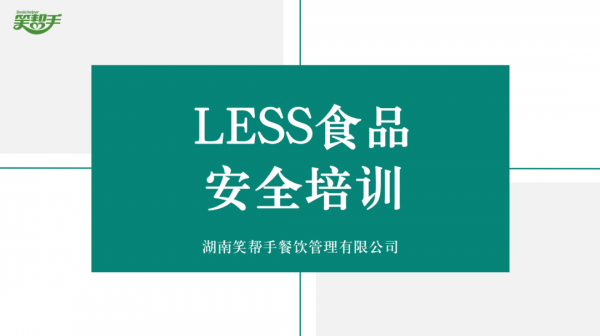Statistics and Process Validation: current Findings of the FDA
统计和工艺验证:FDA现在发现的缺陷
The “new” FDA's process validation guideline has been effective since January 2011. One considerable change was made to the original validation guideline from 1987 to put a significantly greater emphasis on statistics in the context of process validation. So far, relatively few inspection deficiencies had been observed by the FDA with regard to statistics. At a conference in September 2015 co-sponsored by the FDA, Grace McNally - Senior FDA official - reported about current “findings” in the 483s deficiency reports and in Establishment Inspection Reports (EIR)。 Now, deficiencies regarding statistical problematics can also be found here.
“新的”FDA工艺验证指南自2011年1月开始生效。它与1987年指南相比有一个重大的变化,就是重点强调了工艺验证中的统计。到目前为止,FDA在统计方面并没有报告出更多的缺陷。在2015年9月由FDA的GRACE MCNALLY---FDA资深官员---主持的会议中总结了目前在483缺陷表和现场检查报告EIR中的缺陷。其中也有关于统计的缺陷。
For example, it has been criticised that a (statistical) sampling plan had be misinterpreted. Wrong AQL values with regard to the number of samples have been noted based on MIL-STD-105D. Moreover, it has been criticised that the company didn't know the operation characteristics of its sampling plan.
例如,有一个缺陷是说(统计学)取样方案被错误解释。一个取样量AQL值,根据MIL-STD-105D,这个AQL值是错误的。另外,公司并不知道其取样方案的操作特点。
Another criticised “finding” was that PPQ batches had been considered as “accepted” when all in-process controls and release specifications were met. It has also been criticised that no intra-batch variabilities have been examined. In addition, it has been noticed that there was no information available in the validation plan concerning the assessment of the process itself. There was also no indication about the objective of the determination of inter-batch variabilities.
另一个缺陷是在当符合所有中控和放行批准时PPQ批被“接受”。还有缺陷是没有检查批间差异。另外,检查还注意到在验证计划中没有关于工艺本身的评估,也没有批间差异的确认目标说明。
Although OOS results had been found in 2 out of 4 PPQ batches, reduced IPC tests have been recommended in the PPQ report giving the justification that this was a standard procedure. Regarding this point, the FDA criticises the lack of scientific rationales for reduced sampling and monitoring. Interestingly, Grace McNally mentions possibilities for rationales of IPC sampling plans and the adaptation to a reduced size. In this context, she refers to the ANSI/ASQ Z1.4 norm and ISO 2859 wherby it is expressly pointed out that the ANSI norm recommends the production of at least 10 successful batches before reducing testing. According to the ISO norm even 15 successful batches are necessary.
尽管在4个PPQ批中发现了2个OOS结果,在PPQ报告中还是建议减少IPC测试,论证说这是一个标准程序。关于此点,FDA批评说这样减少取样和监测是缺陷科学合理性的。有意思的是,GRACE MCNALLY提到IPC取样方案合理性,和减少样品量的合理性的可能性。在此,她引用了ANSI/ASQ Z1.4标准和ISO2859,指出ANSI标准建议在减少测试之前至少生产10个成功批次。如果根据ISO标准就需要有15个成功的批次。
The FDA notified a tablet process, criticising the fact that no rationales for warning and action limits were available. Furthermore, it has been criticised that no analyses on variabilities were available although they had been required internally and no capacity indices had been determined. There have been no analyses on the distribution of data, neither planned nor performed. The FDA also remarked that the calculation of variabilities is necessary to be able to make statements about process capacities.
FDA报告了一个片剂工艺,批评其警戒限和行动限没有合理性。另外,还批评其没有对变量进行分析,虽然内部有这个要求,并且也没有确定产能指标。没有制订计划或实施对数据分布情况的分析。FDA还说需要进行变更计算从而能够说明工艺能力。
Conclusion: Reinforcing the emphasis on statistics in the US FDA Process Validation Guideline from 2011 hasn't been really often addressed in the official deficiencies reports. This seems to be changing.
结论:官方缺陷报告中并没有真的强调美国FDA在2011年的工艺验证指南对统计的重视。看起来需要做一些变化。编辑:foodnews





